Exploring The Diverse History of Diesel Automobiles
Diesel automobiles have long been a significant part of the automotive landscape, known for their efficiency and durability. From their inception in the early 20th century, diesel engines have evolved to meet the needs of drivers and environmental regulations. This exploration of diesel automobiles will delve into their origins, development, and the challenges they face in the modern era as we contemplate the future of transportation.
Origins and Early Uses
The inception of the diesel engine dates back to the invention by Rudolf Diesel in 1892. Initially, diesel engines were primarily used in stationary applications due to their bulkiness and high torque capabilities. It wasn't until January 6, 1930, that the first diesel engine automobile trip was completed, according to the Energy Information Administration (EIA), marking a significant milestone in automotive history. The expertise of a diesel mechanic has become increasingly essential as diesel-powered vehicles have gained popularity and become more technically complex.
European Expansion and Market Growth
In the mid-20th century, diesel engines gained popularity in Europe, particularly for use in commercial vehicles. Manufacturers like Mercedes-Benz and Peugeot spearheaded the development of diesel automobiles, incorporating advances in engine design and fuel injection technology. By the 1980s, diesel cars had captured a notable share of the European market. Their ability to provide excellent fuel economy and lower operating costs made them an attractive option for long-distance drivers and fleet owners.
Modern Challenges and Environmental Concerns
However, diesel engines have faced significant challenges over the years, particularly concerning environmental and regulatory issues. The increased scrutiny on emissions and air quality led to stricter regulations, forcing manufacturers to innovate cleaner diesel technologies. The introduction of diesel particulate filters and selective catalytic reduction systems was a step towards reducing emissions. Nevertheless, diesel's environmental impact remains a point of contention, especially in urban areas where air pollution is a major concern. As emission standards evolve, the role of the diesel mechanic continues to shift, necessitating updated training and a deeper understanding of complex emissions systems.
The history of diesel automobiles is marked by innovation, adaptation, and controversy. As the world moves toward greener alternatives, diesel remains a symbol of engineering prowess and a testament to human innovation in transportation. And throughout this journey, the diesel mechanic remains a vital figure in supporting and advancing diesel engine technology. If you're looking for a qualified auto repair shop, get in touch with Twin Ports Diesel & Auto.

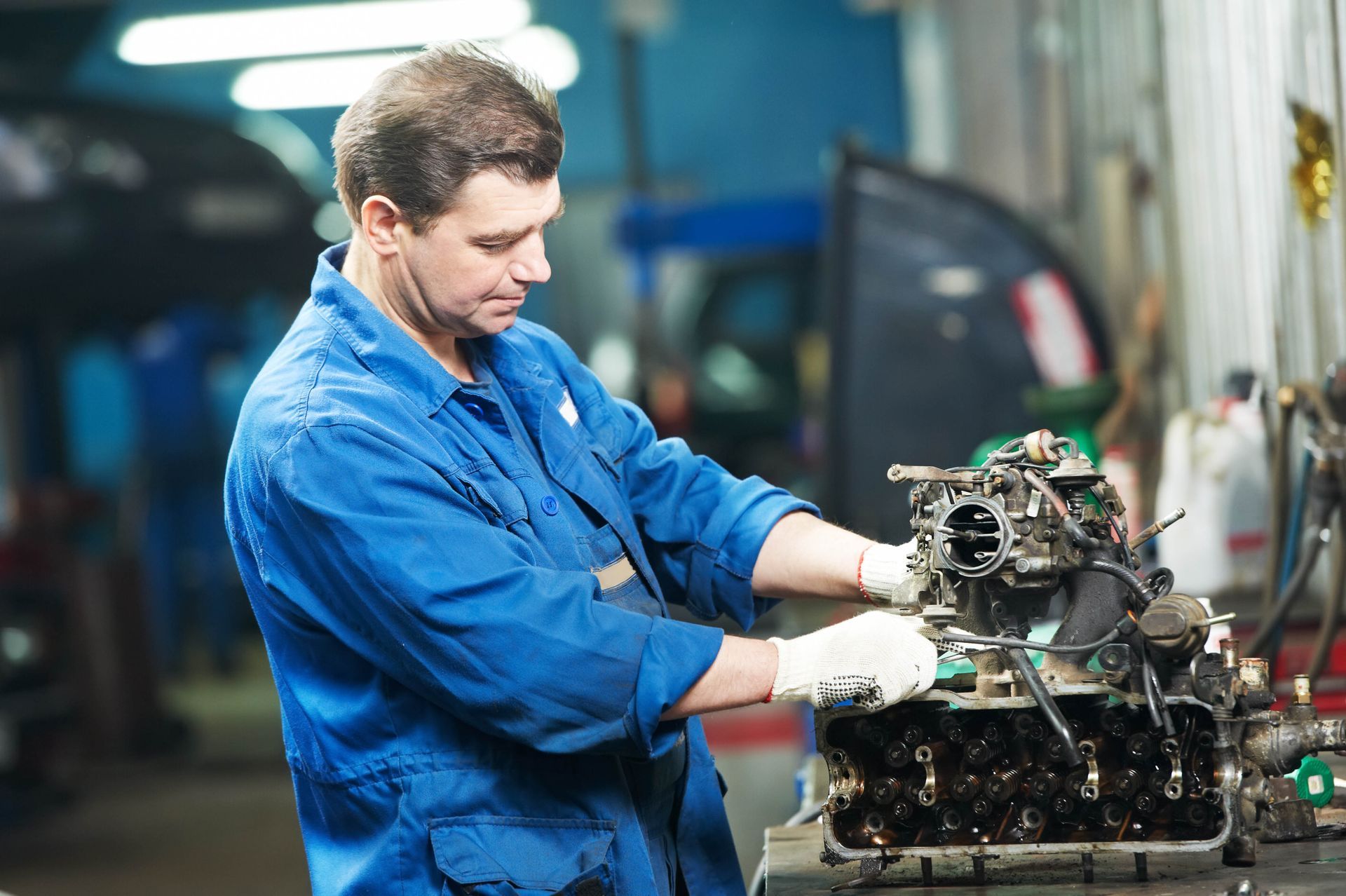
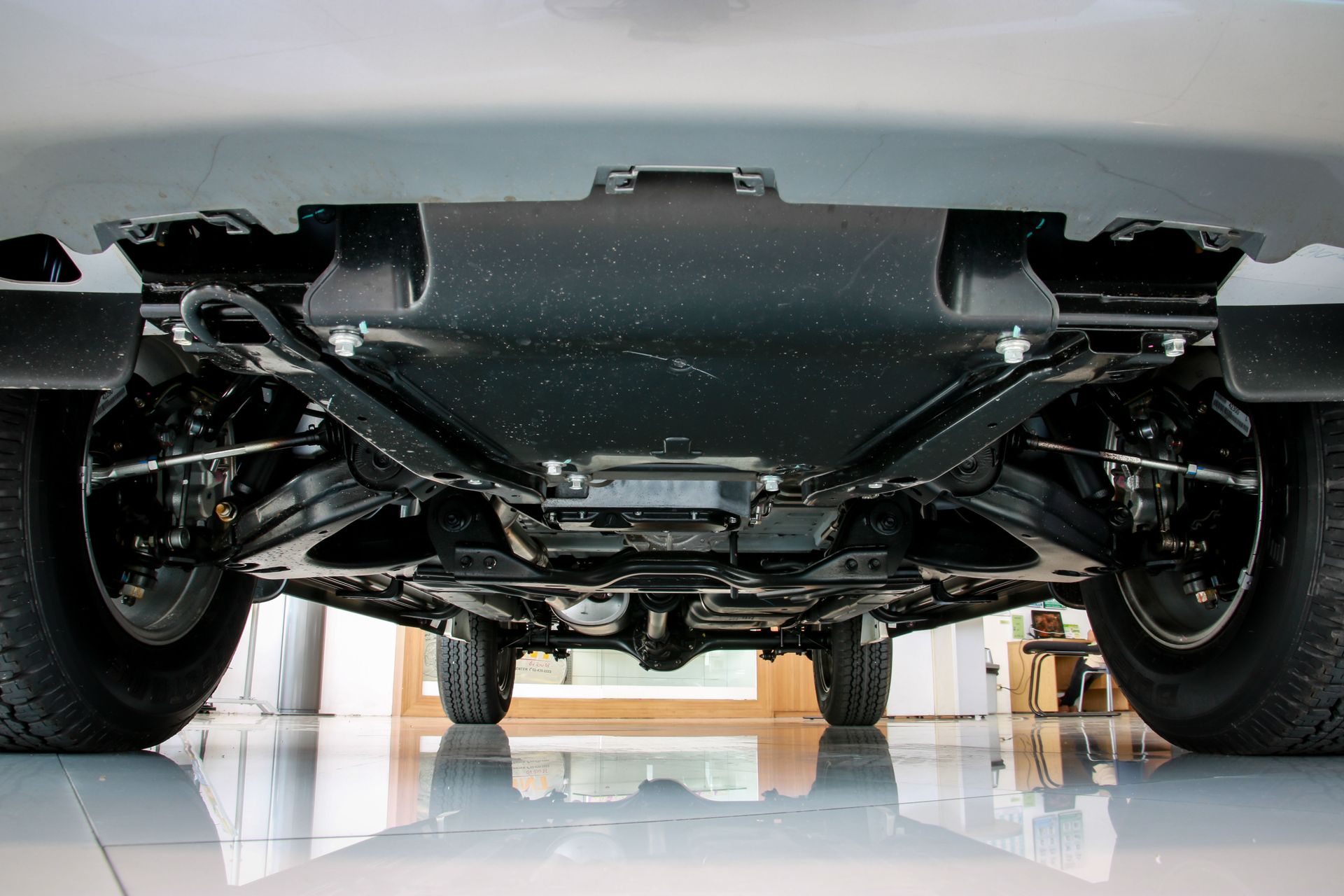
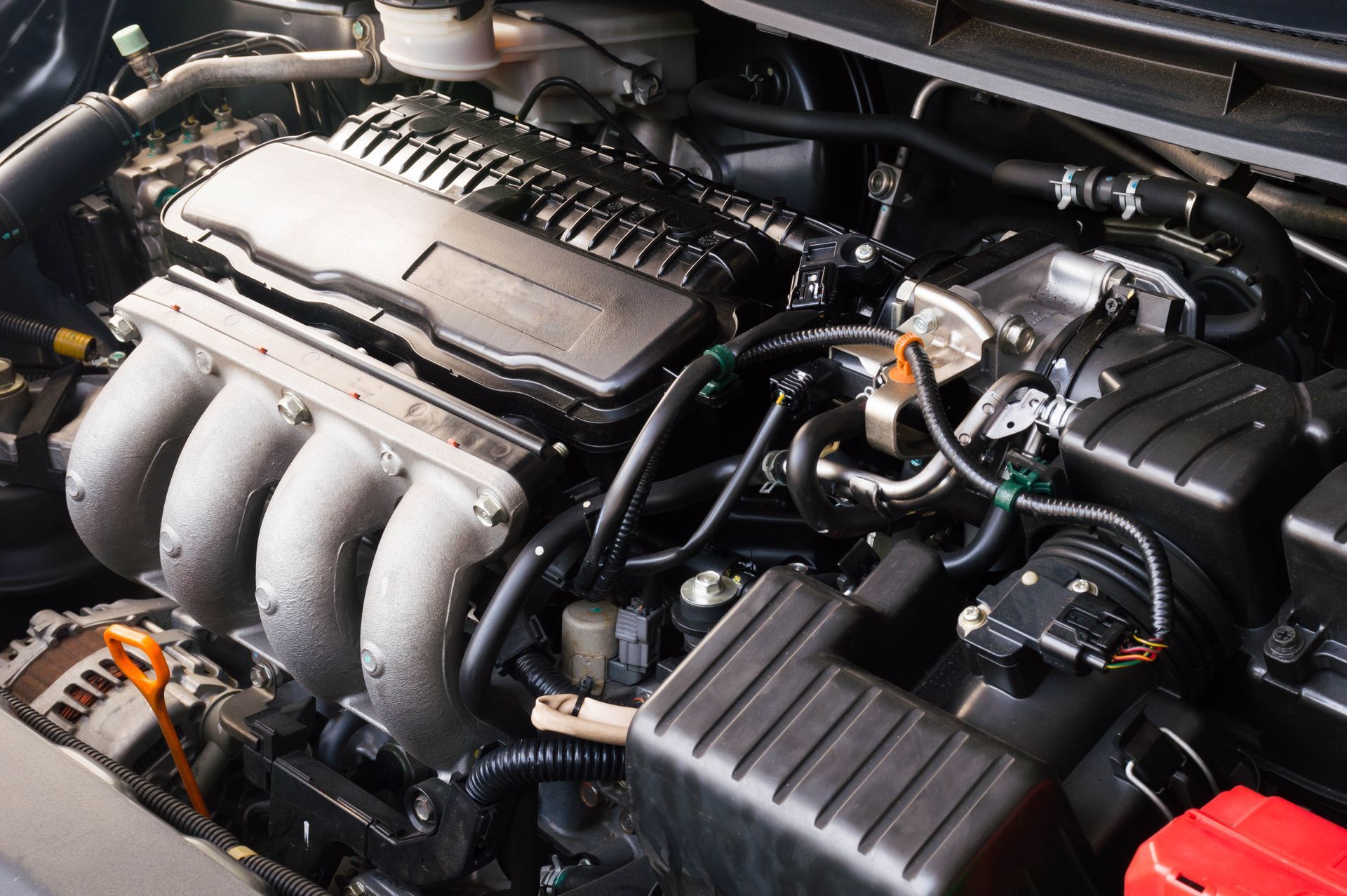
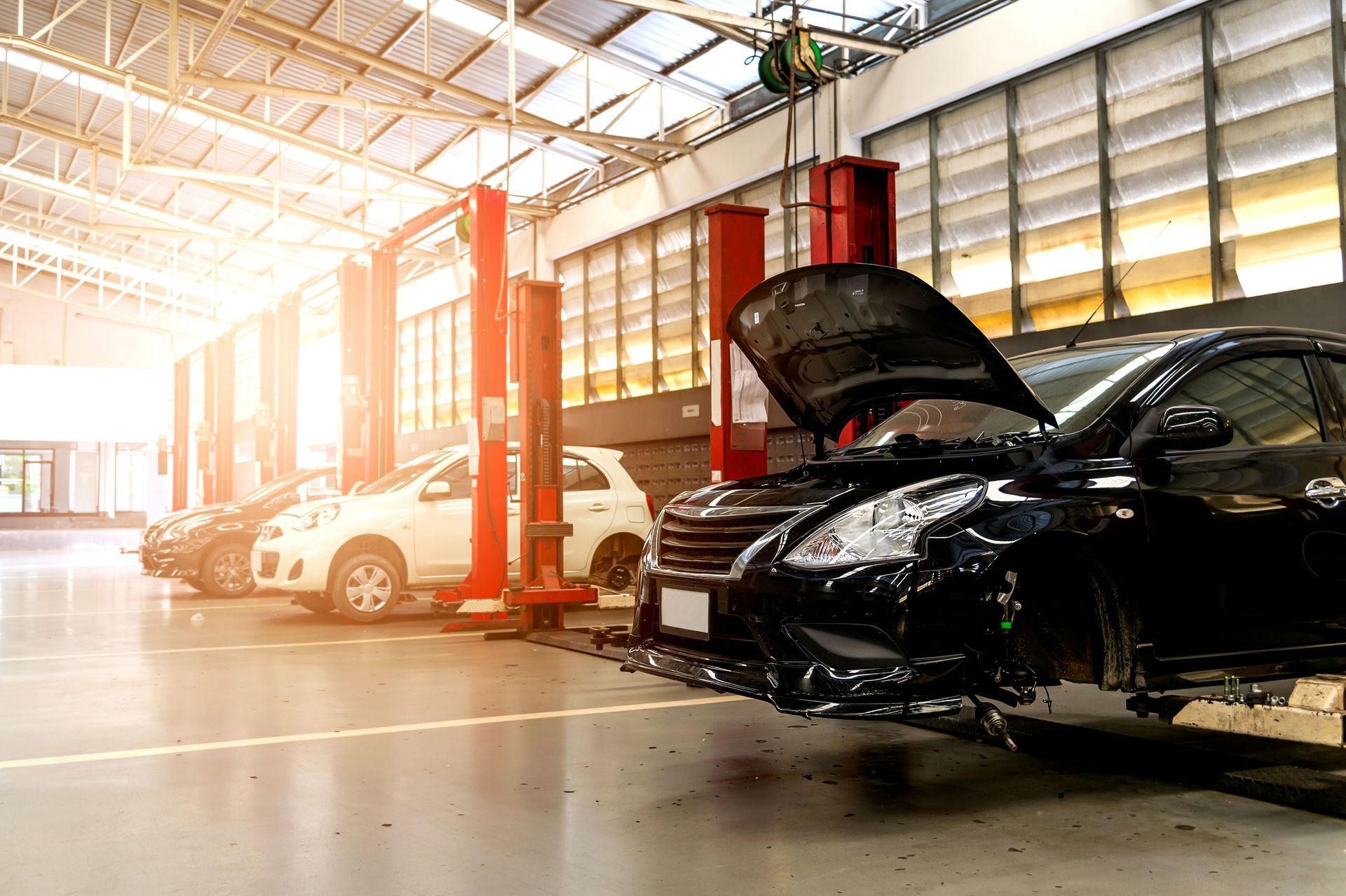
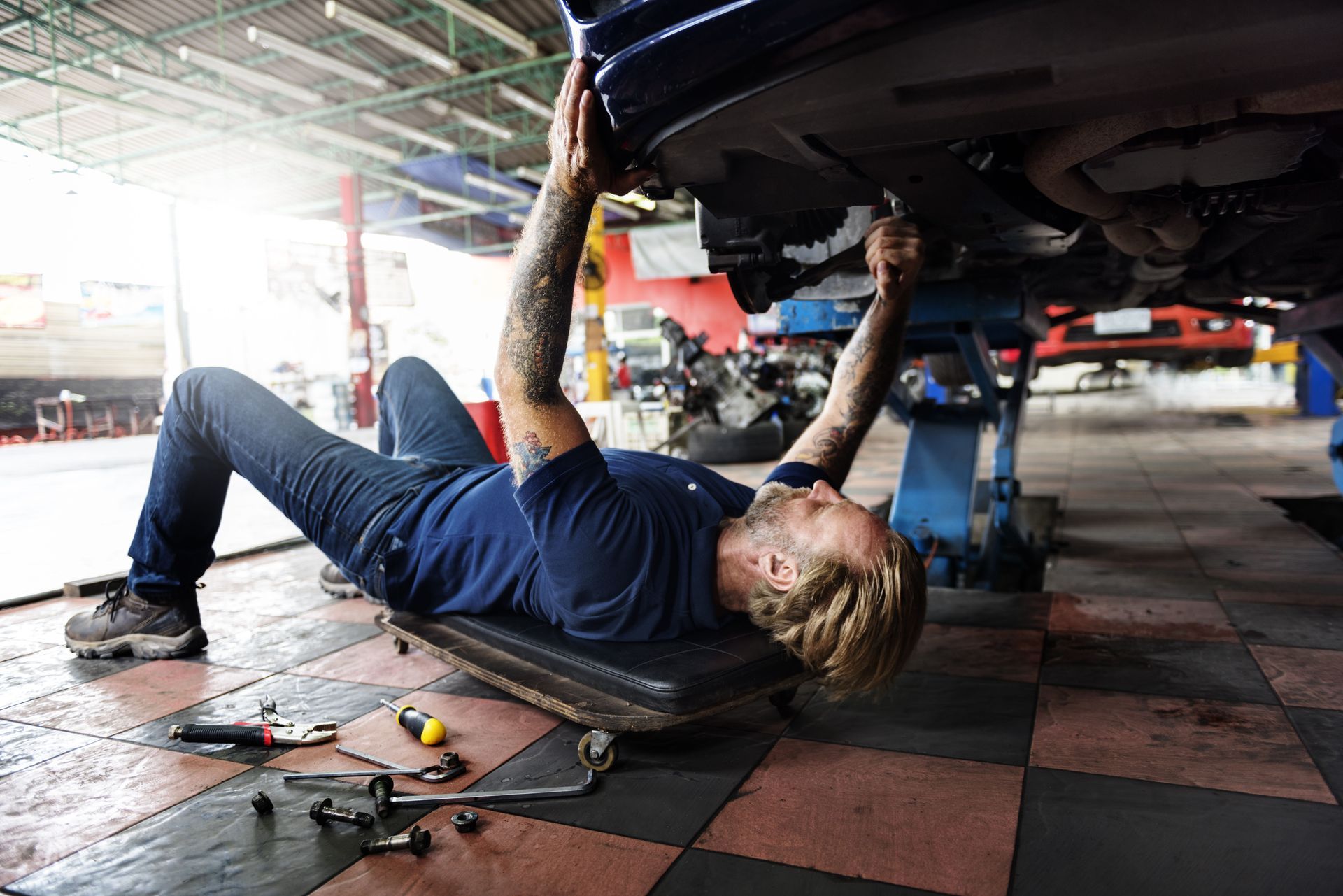
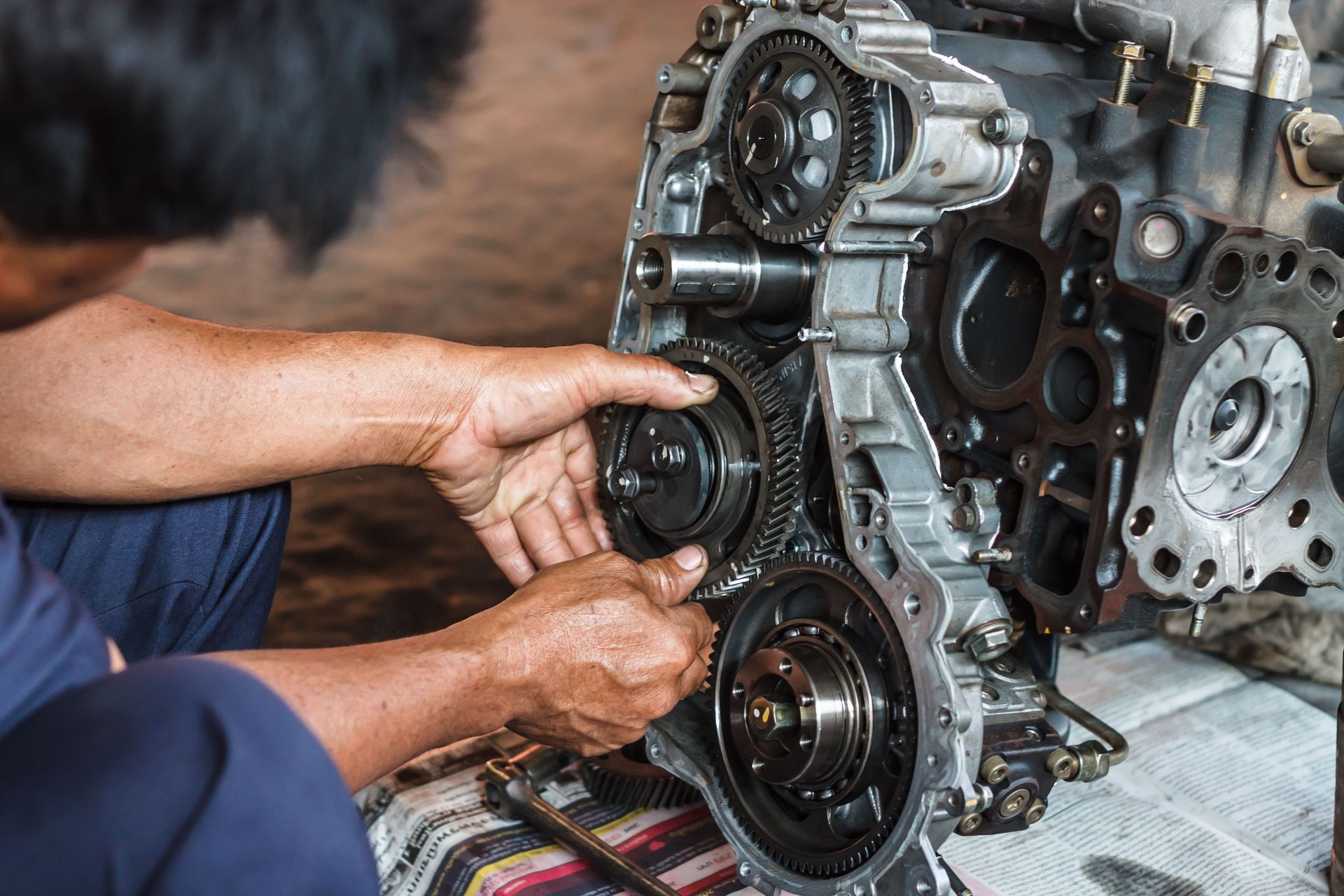
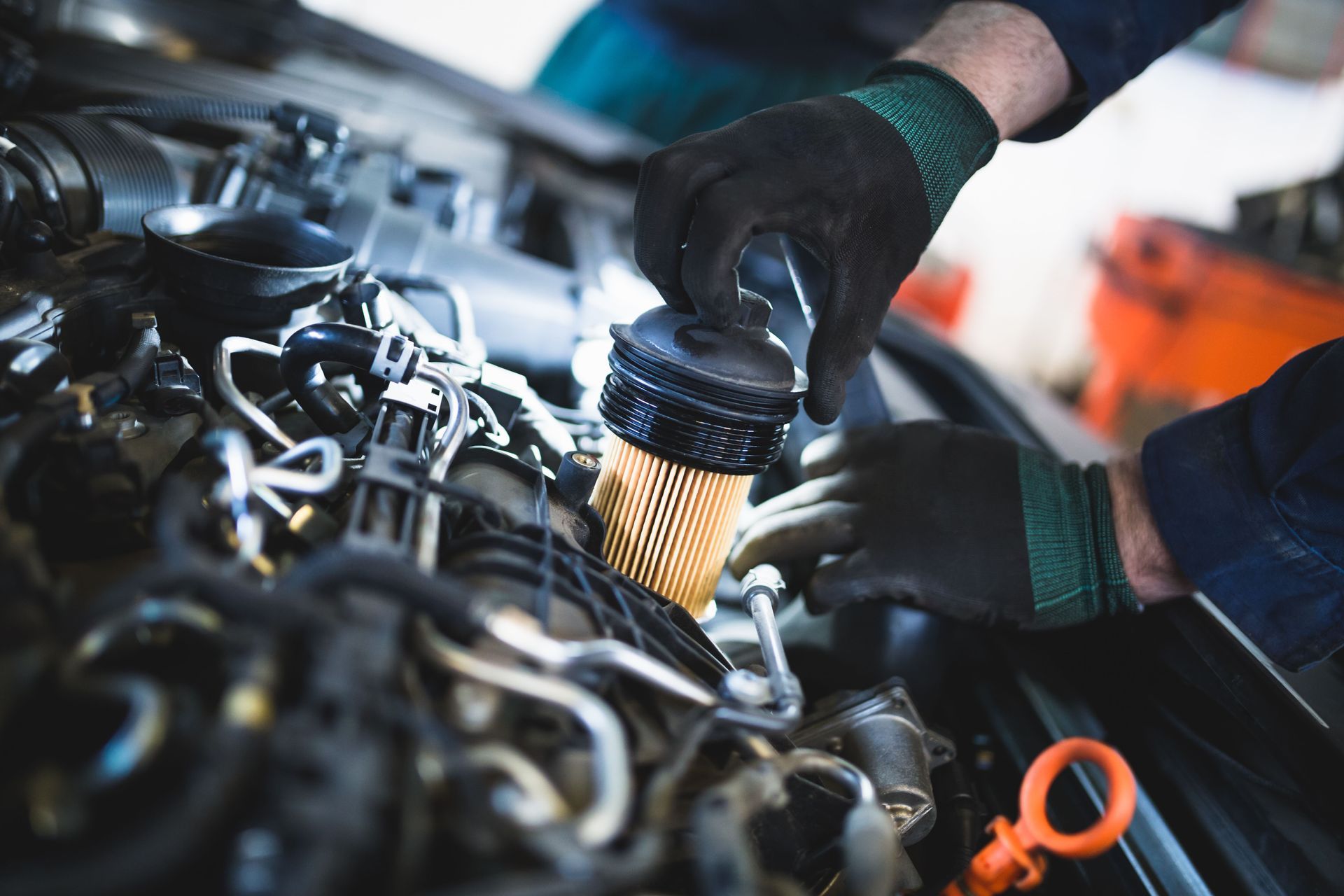
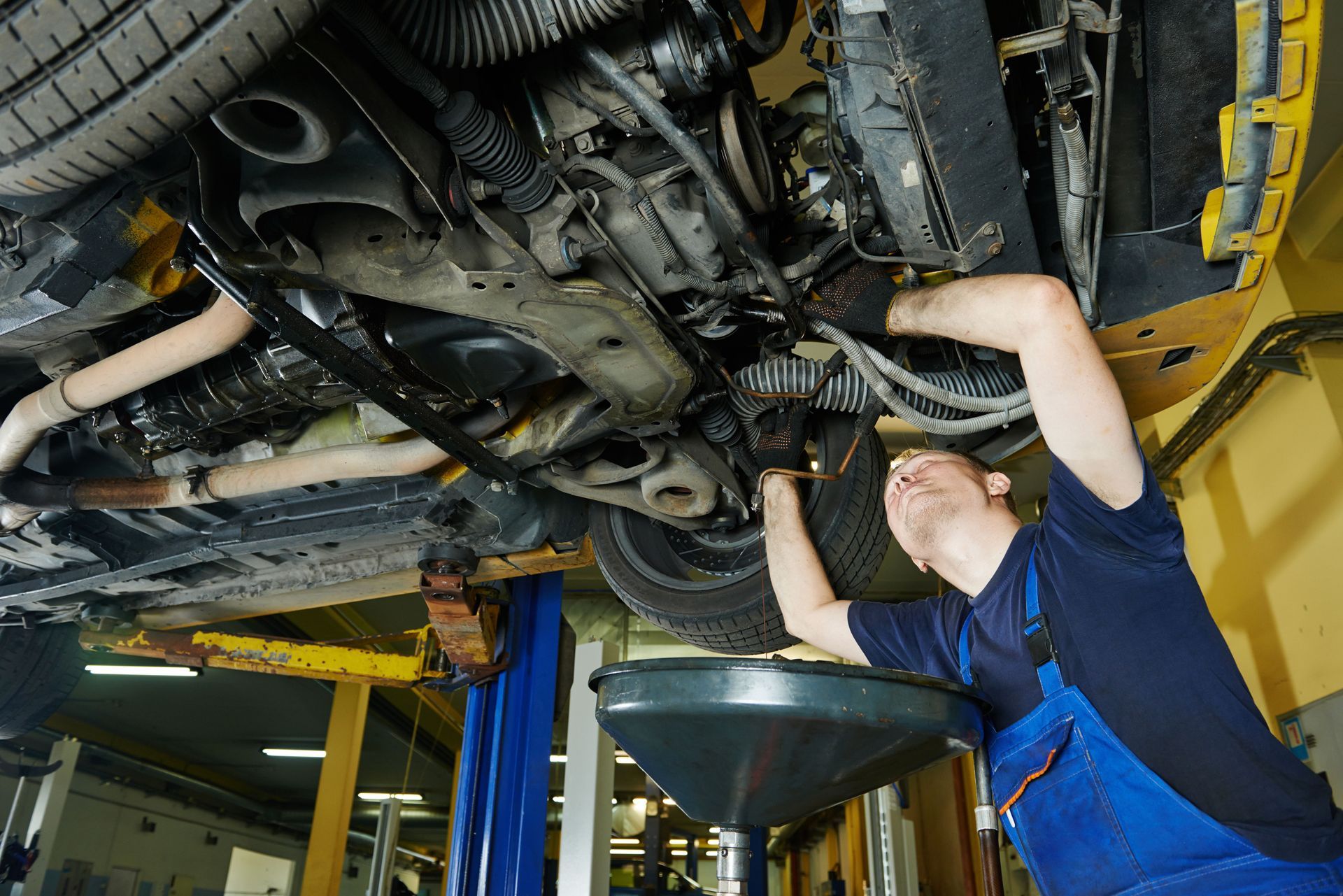
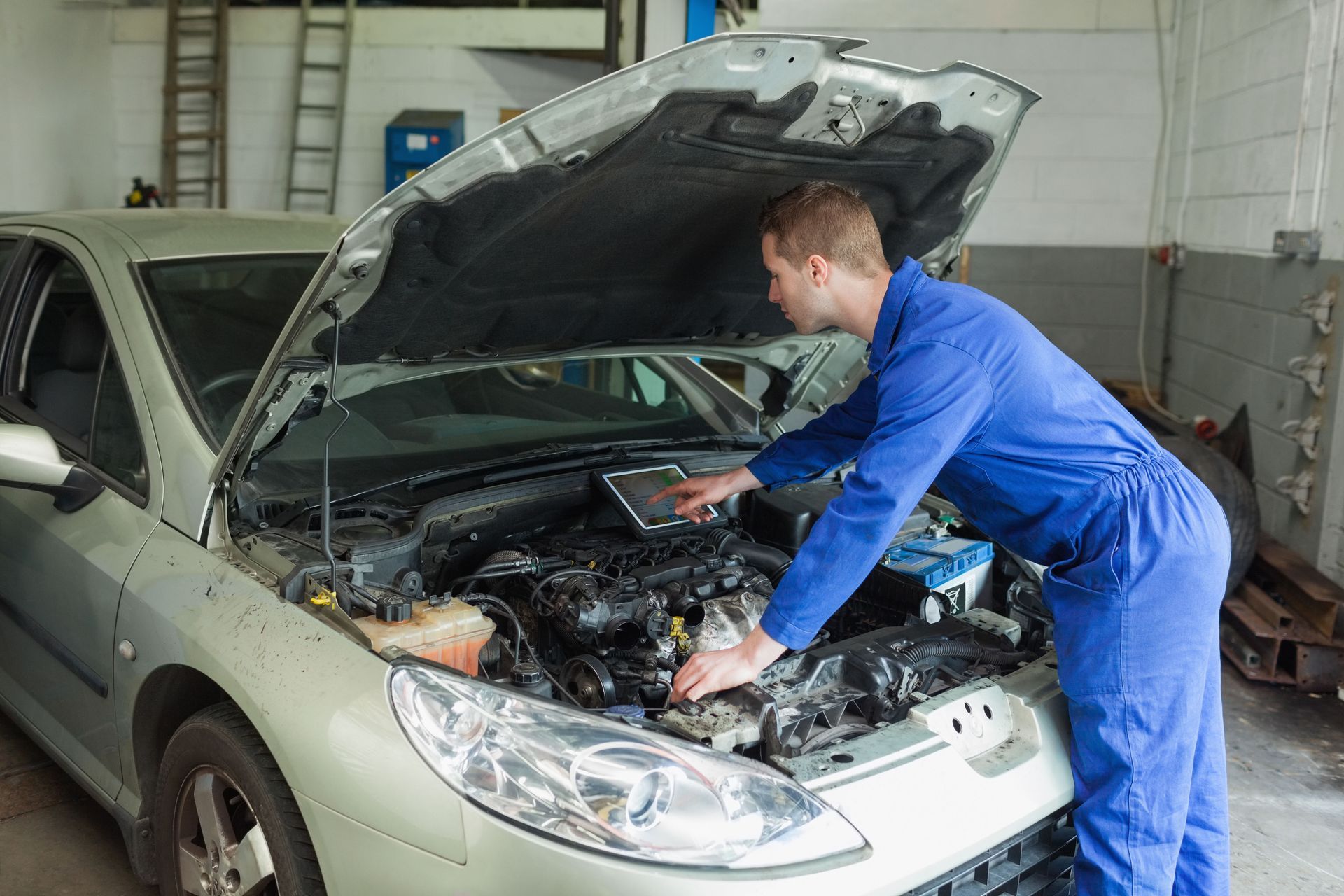
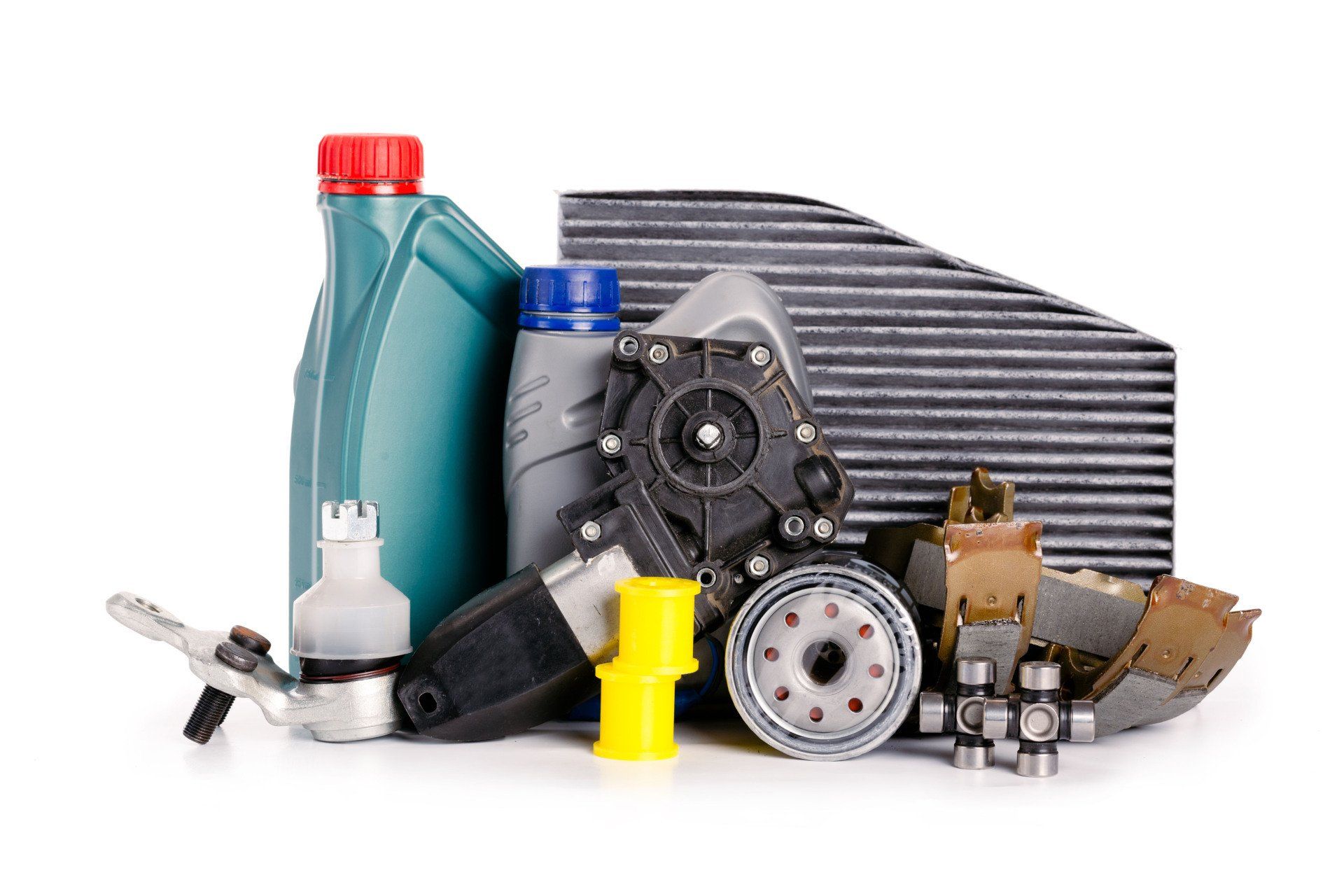



Share On: